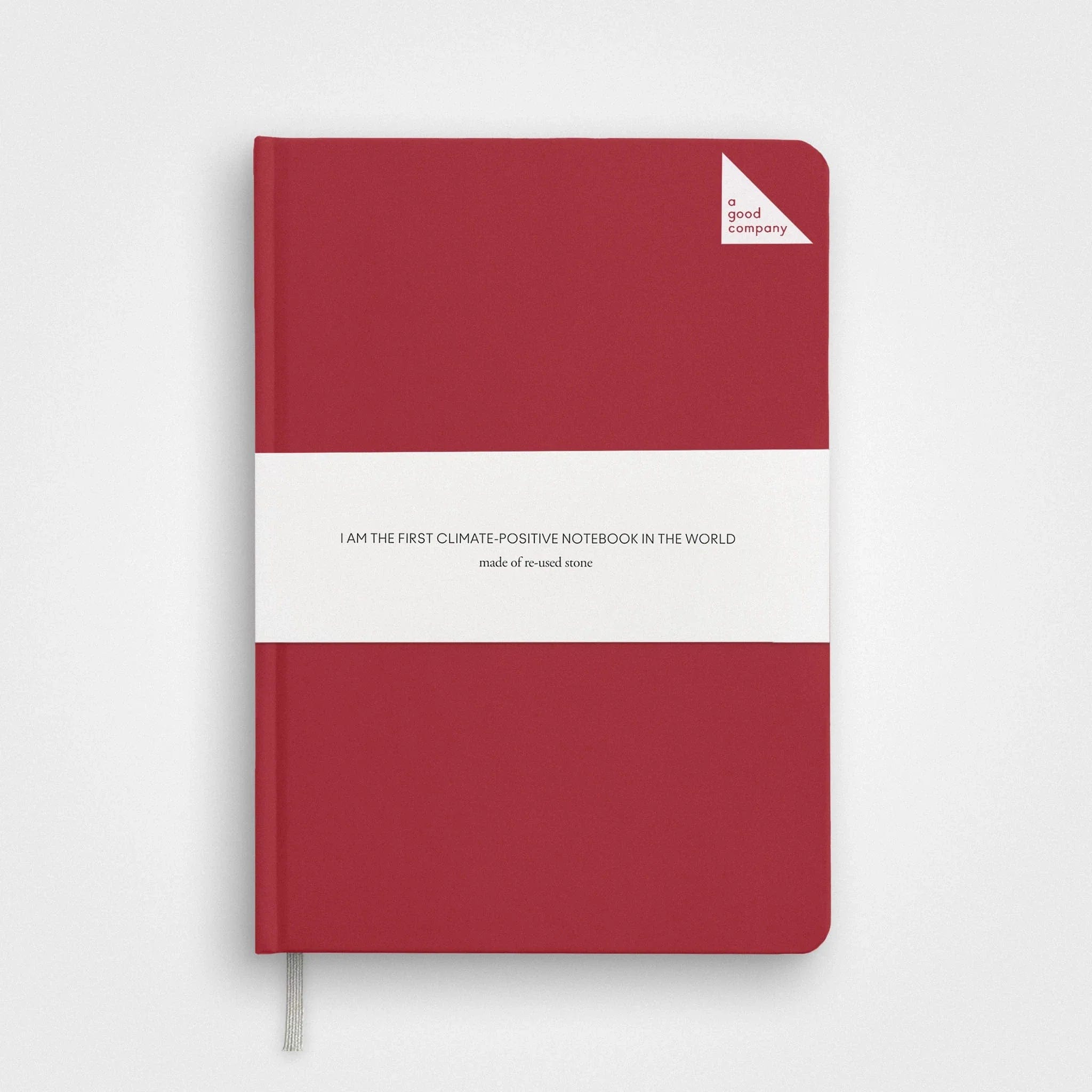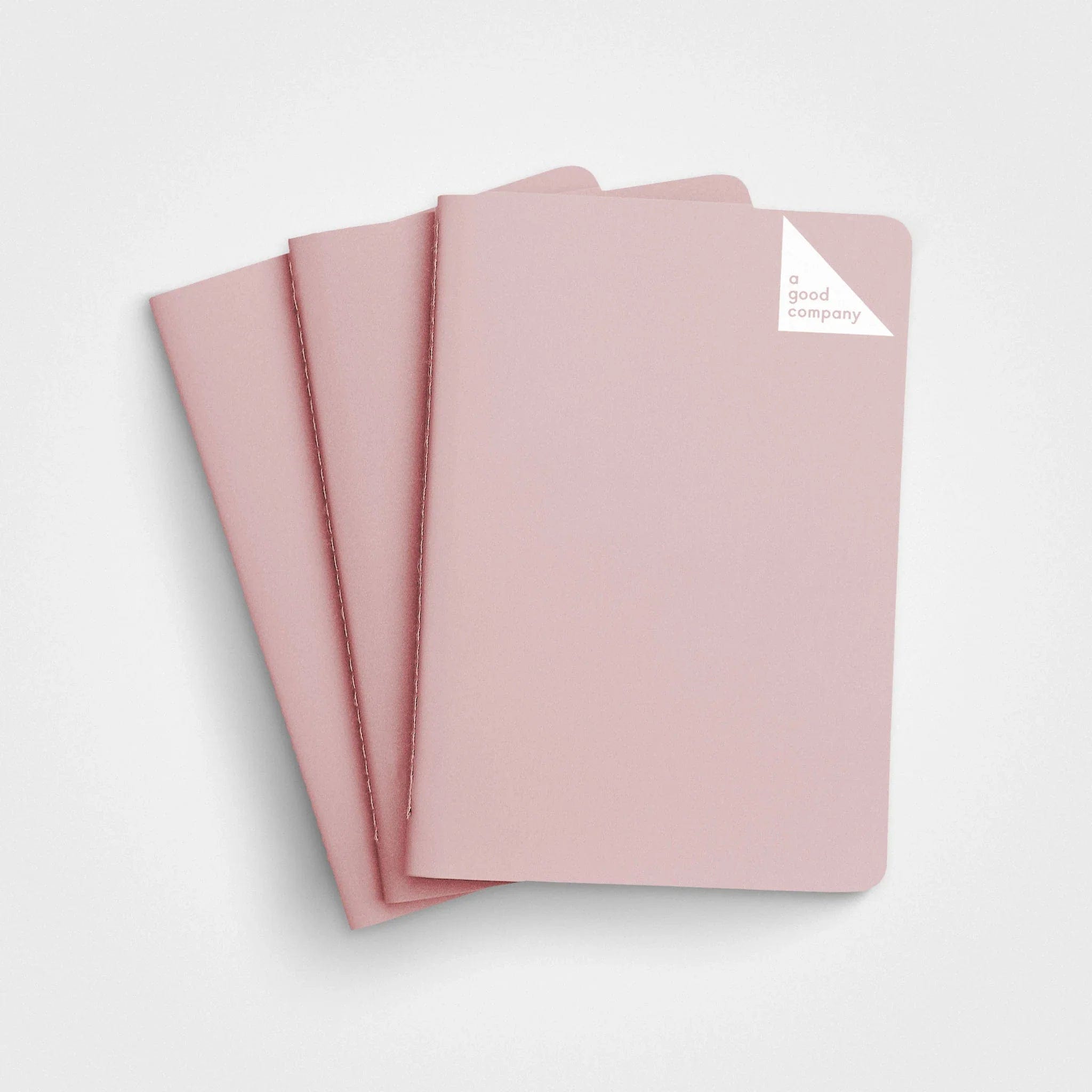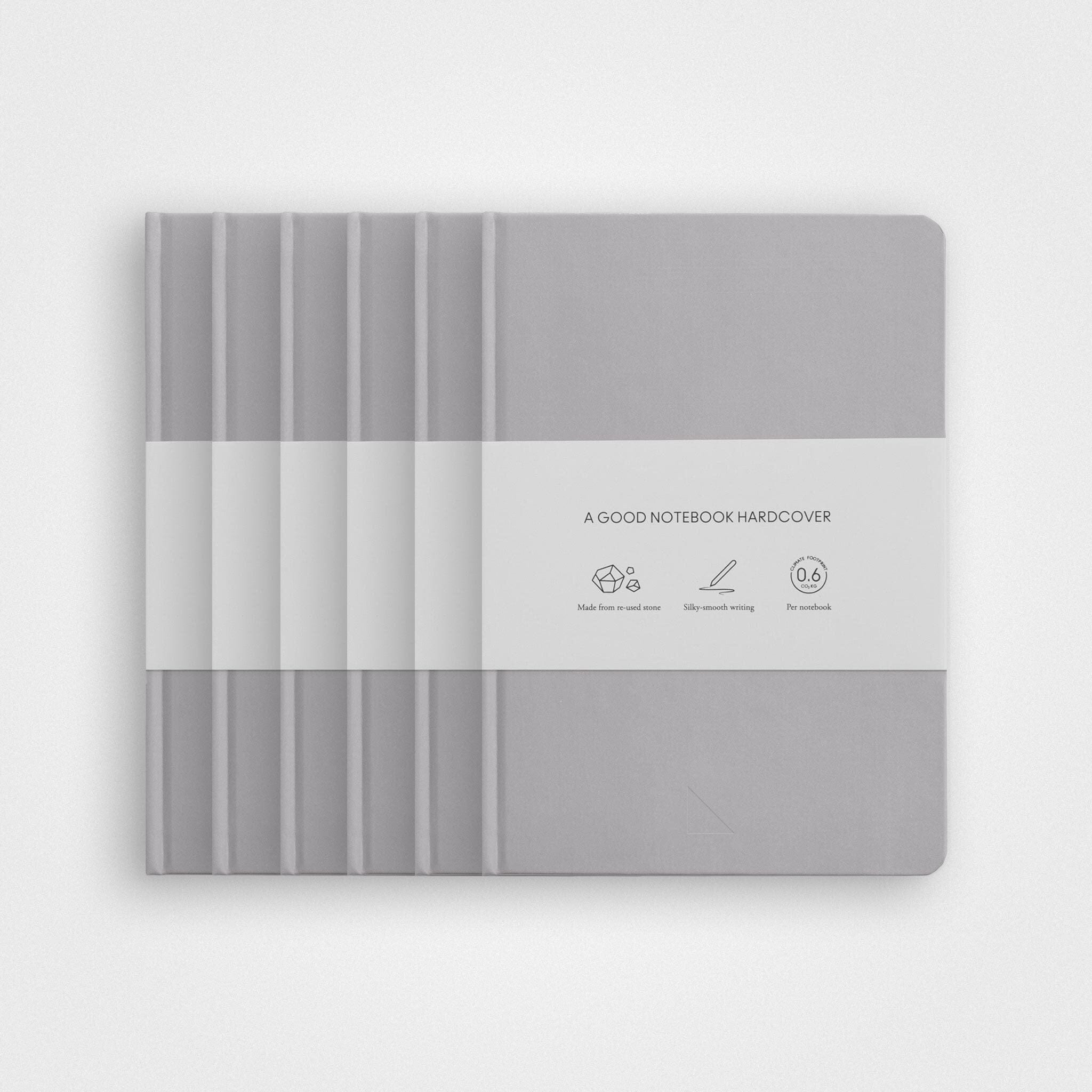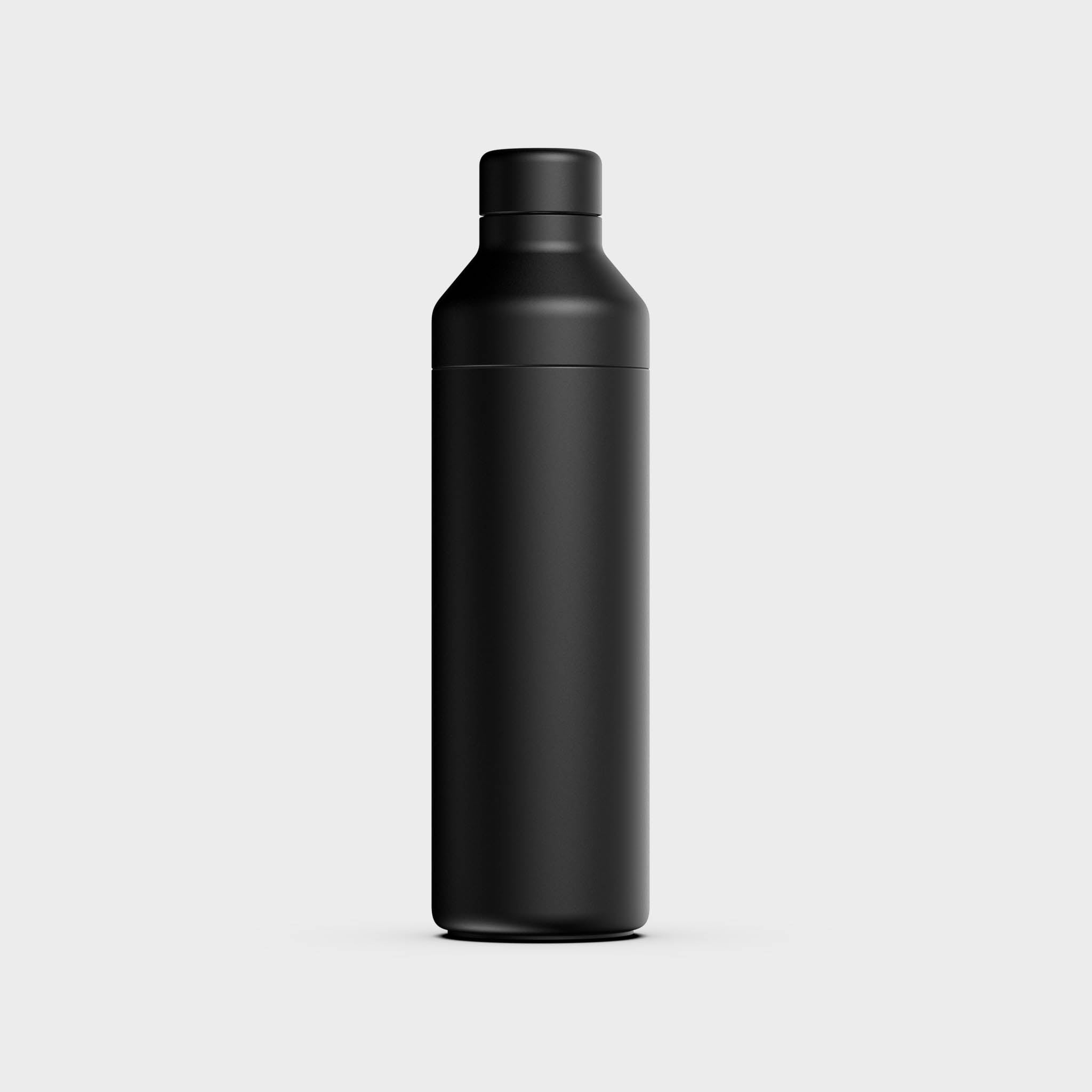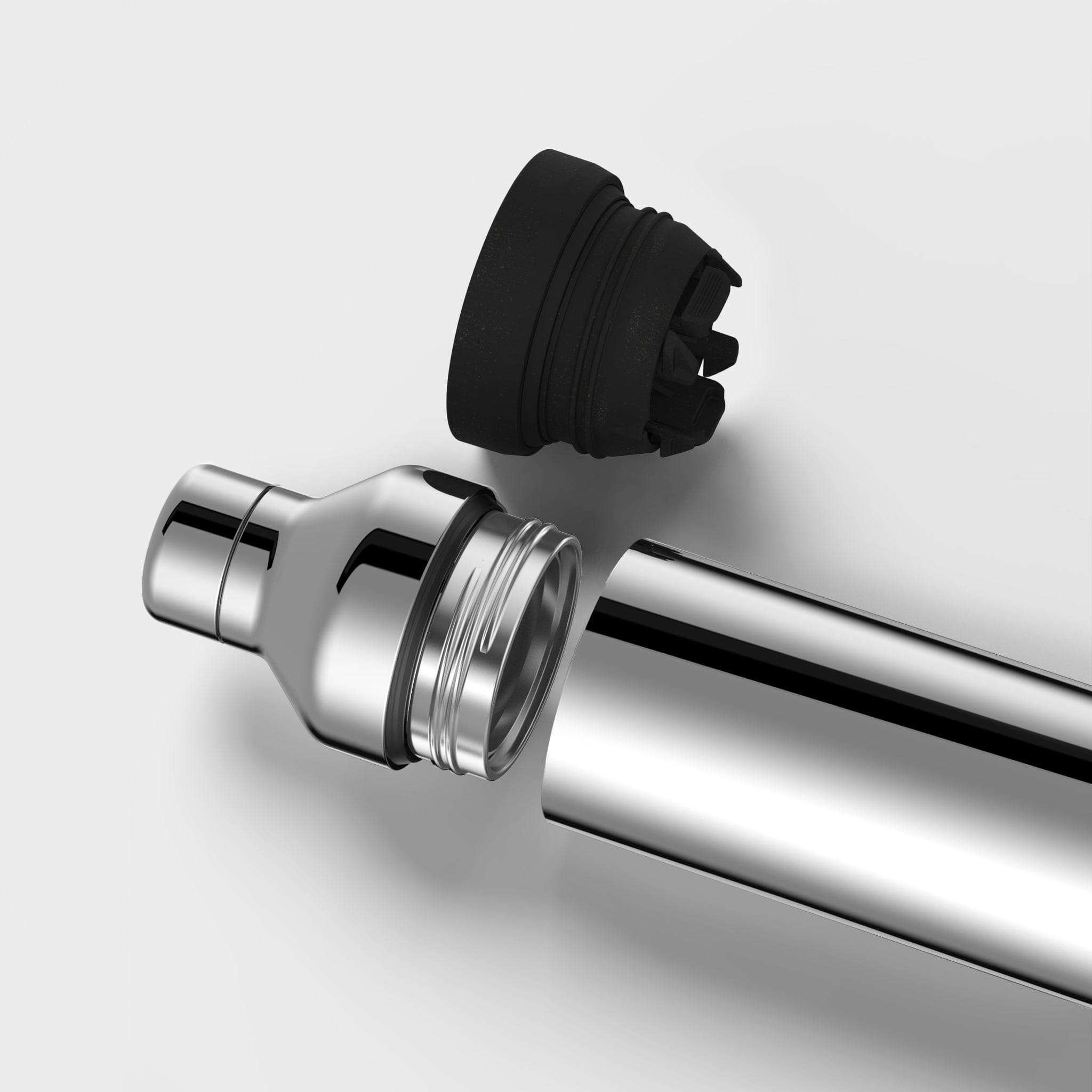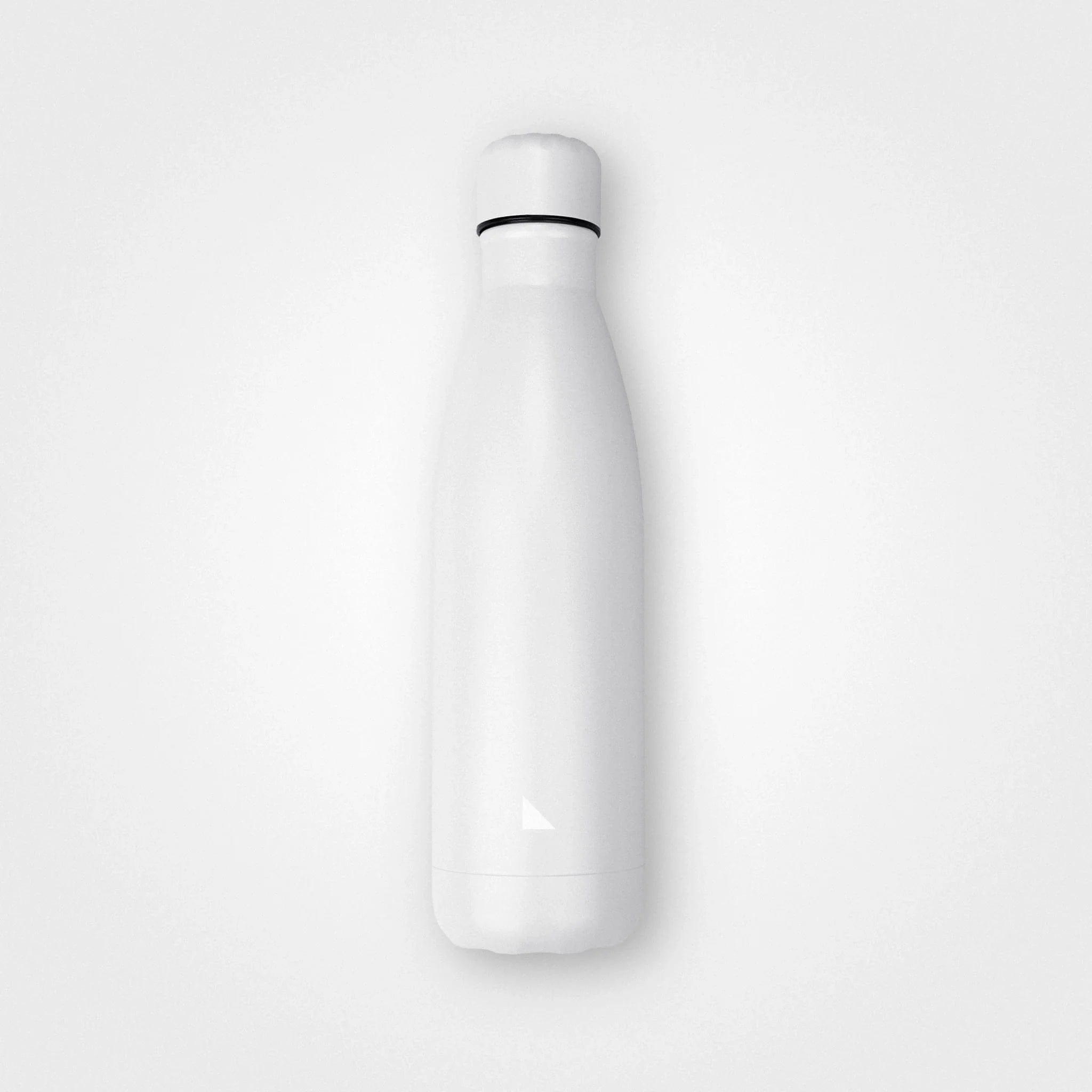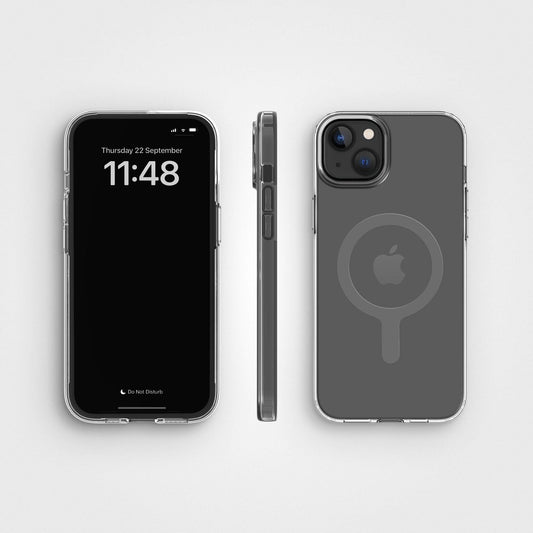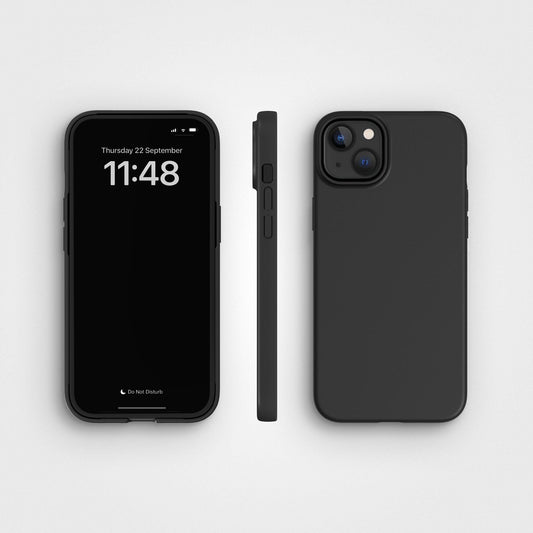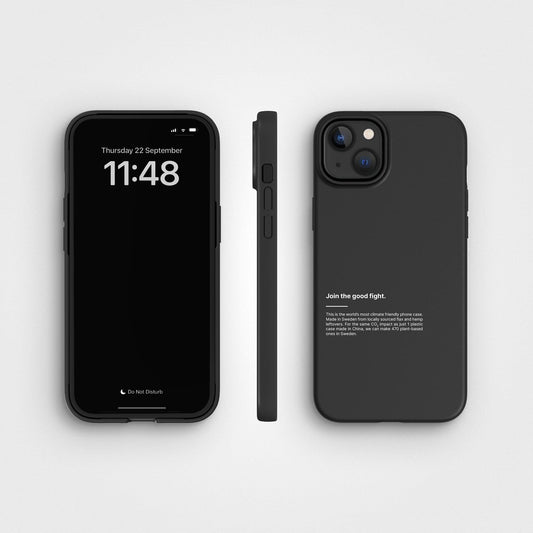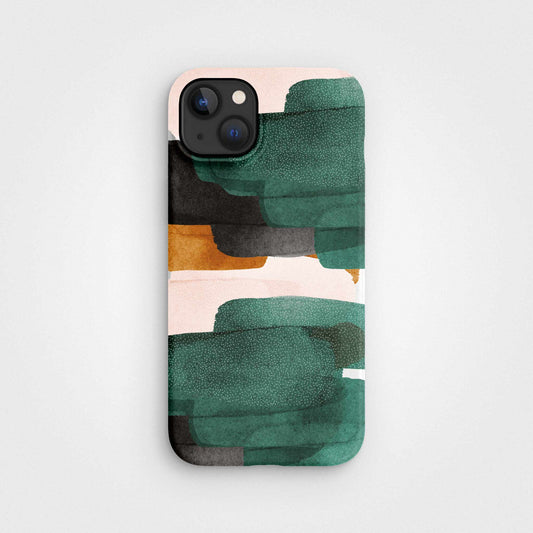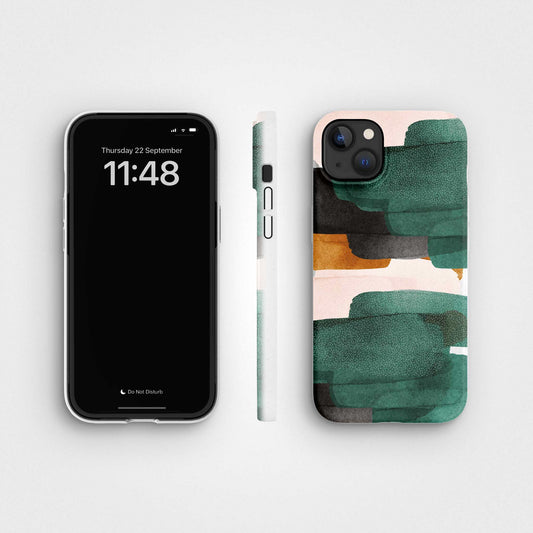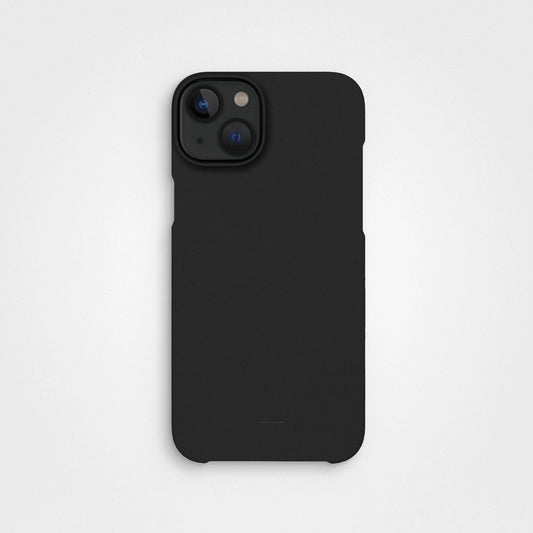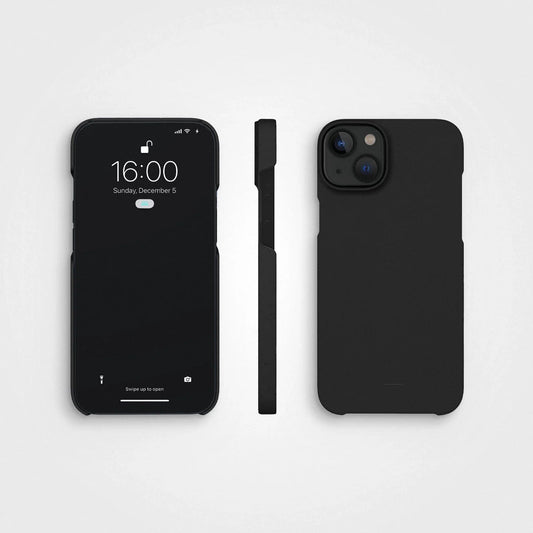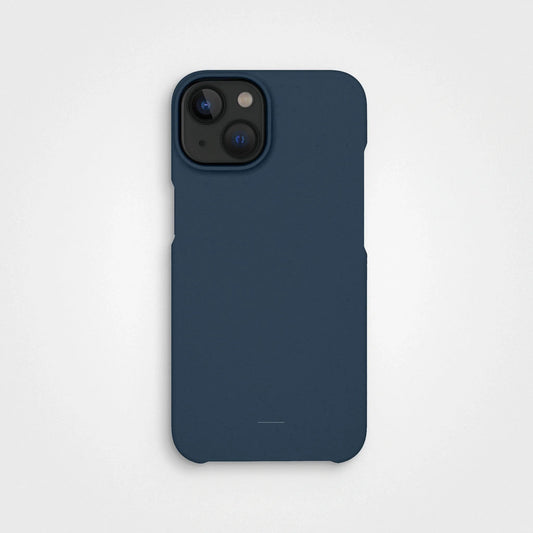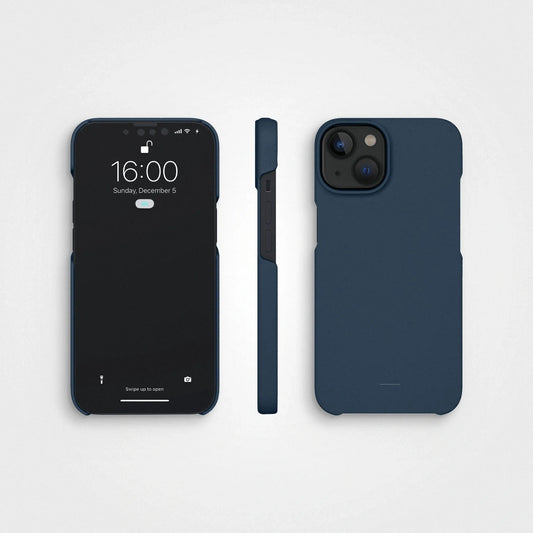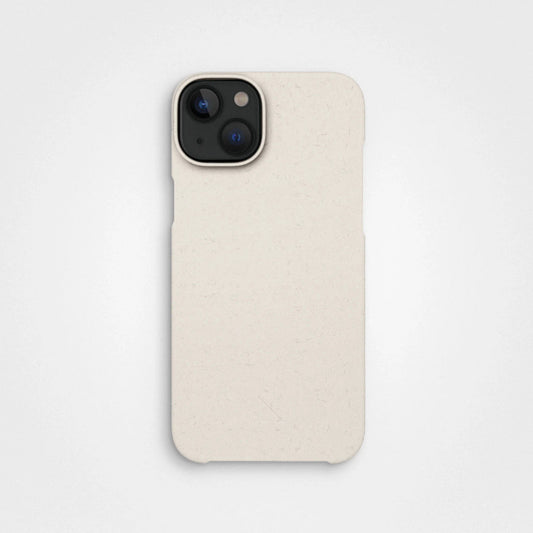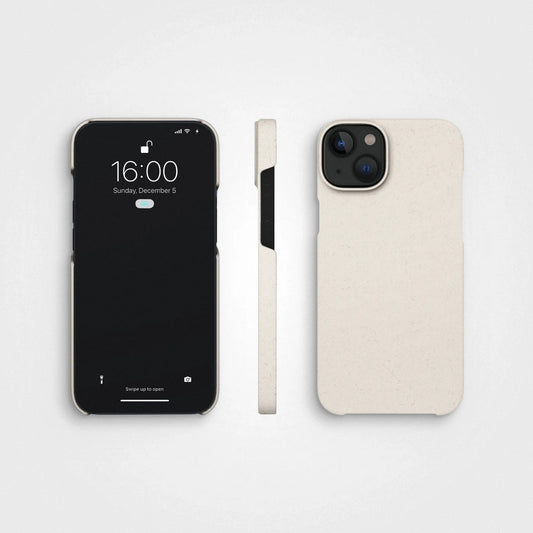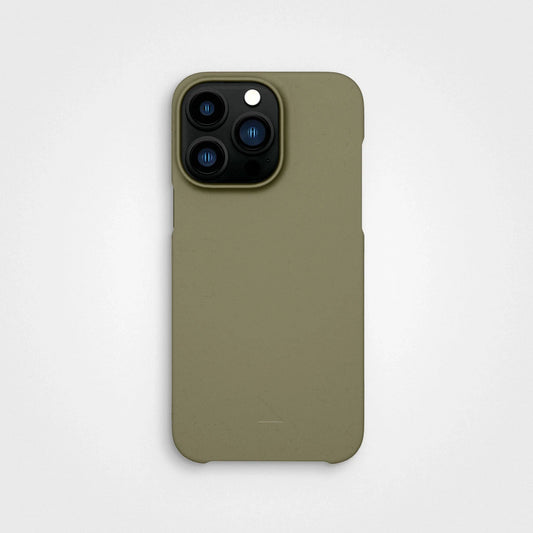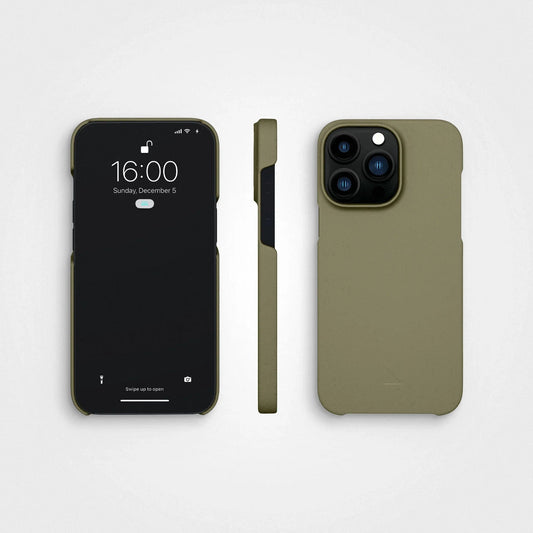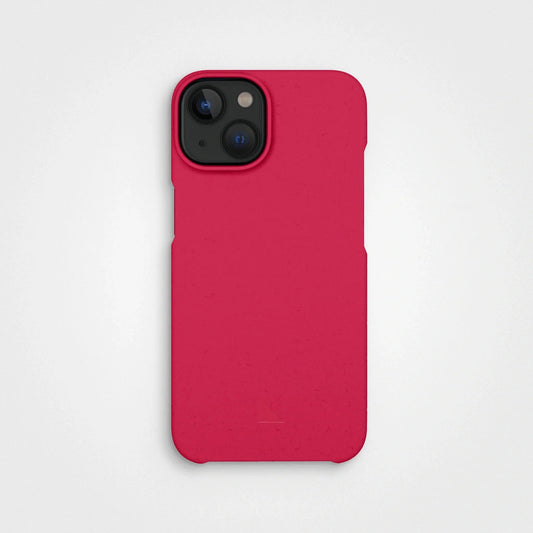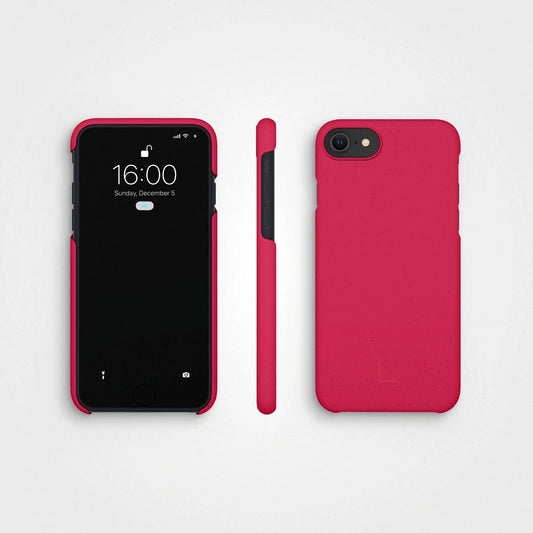Take a moment. Look at the things around you - your phone case, the bottle on your desk, the notebook you scribble in. Do you know that these everyday items might be part of the planet’s biggest problem? They don’t just disappear when you are done with them. They stick around. For decades. Maybe centuries.
"But, you know, It’s just one. It’s just one straw. It's just one plastic bag. It's just one coffee cup.”
This is the lie we have all told ourselves. And it feels harmless, doesn’t it? Until you remember there are 8 billion people on this planet, and a good number of them are thinking the exact same thing. When you multiply that lie by billions, you get mountains of trash, rivers clogged with waste, and oceans suffocating under layers of plastic. It’s not just one. It’s millions.
Quick links
-
The convenience trap
-
The hidden environmental cost of everyday items
-
What are we really sacrificing?
-
Products that don’t cost the Earth (literally)
-
Do eco-friendly products really exist?
-
What about circular products?
The convenience trap
We love convenience. Grabbing a water bottle from a vending machine, ordering takeout that comes wrapped in layers of plastic, upgrading our phones every couple of years along with a shiny new case. It’s fast. It’s easy. And for a moment, it feels like it doesn’t matter. Until you realise what that convenience is costing us.
Every plastic bottle ever made still exists somewhere. That straw you used in your iced coffee last summer? It might be floating in the ocean right now or lodged in the stomach of a sea turtle. A notebook made from unsustainable materials? Trees had to be cut down for it, leaving forests, our planet’s lungs, gasping for air.
This isn’t a problem we can recycle our way out of. Less than 10% of the world’s plastic waste has ever been recycled. The rest? Burned, buried, or left to contaminate the planet.

The hidden environmental cost of everyday items
When we talk about the environmental impact of convenience, most people think of waste - landfills overflowing with plastic and oceans teeming with trash. But the damage starts long before your product is even in your hands.
For example, a phone case. Most are made from petroleum-based plastics. Extracting and refining petroleum not only contributes to climate change but also damages ecosystems, disrupts communities, and pollutes air and water. The case might cost you €10, but its true cost measured in environmental harm is far greater.
Or, a notebook. Did you know it takes about 24 trees to produce a single tonne of paper? That might not sound like much, but consider how many notebooks, calendars, and paper products are used globally every single day. Now think about the forests that are cut down, the ecosystems destroyed, and the carbon dioxide released because those trees are no longer absorbing it.
Sustainable alternative - a stone paper notebook
Stone paper notebooks offer a different approach. Made from recycled stone, they don’t require a single tree to be cut down. They also save water and avoid the harsh chemicals used in traditional paper production. It’s a sustainable way to create something we all use, proving that better materials can truly reduce the impact of everyday essentials.
What are we really sacrificing?
The Earth is not an infinite resource. We like to think it is because it's so vast, so full of life and beauty. But everything has limits. Forests can’t regrow fast enough to keep up with our appetite for paper and wood. Fish populations can't replenish themselves when oceans are overfished and polluted. Fossil fuels, the backbone of modern convenience, are depleting and their extraction is leaving scars across the planet.
It’s easy to think - that’s a future problem. But it's not. It’s happening now. Rising temperatures, more extreme weather events, loss of biodiversity, these are the costs of convenience. And they don’t just affect the planet. They affect us. Polluted air means more respiratory diseases. Contaminated water sources lead to health crises. Collapsing ecosystems disrupt agriculture and food supply chains.
Products that don’t cost the Earth (literally)
What’s the alternative? Do we give up modern life, ditch every convenience, and start living off the grid? Of course not. But convenience doesn’t have to come at the planet’s expense. We just need to be smarter about what we choose to use, and sustainable products are the way forward.
Do eco-friendly products really exist?
"Eco-friendly" isn’t about slapping a green label on something and calling it a day. At its core, the term means not harmful to the environment or designed to help protect and preserve the environment. But it’s not as simple as that definition makes it sound, there's room for a whole conversation about what it really means in practice.

What does eco-friendly really mean?
No product made by humans is entirely without impact. Every item requires resources, energy, and leaves some sort of footprint. We know this. But the idea of "eco-friendly" is about making products that minimise harm to the planet as much as possible, or even provide environmental benefits, like reducing waste, emissions, or resource depletion.
People often see the term and assume it means zero impact, and that’s where misunderstandings happen. When someone searches for “eco-friendly” products, they’re looking for something better for the planet, but they may not always understand the trade-offs or the nuances. That’s why we are here to explain, to educate, and to guide people toward options that genuinely try to make a difference.
For example, we are constantly improving the products we offer. Producing 470 of our plant-based phone cases creates the same emissions as just one conventional plastic case. It wasn’t easy to achieve, but we did it, and it’s a huge reduction in impact. This shows how choosing better materials and processes can really make a difference.

A starting point, not the final answer
So, is “eco-friendly” the perfect term? Maybe not. But it is one people recognise and use to start thinking about sustainability. It’s a tool to ask better questions: How was this made? What resources does it use? What happens to it when I’m done? And most importantly, how can we keep improving?
Using "eco-friendly" isn’t about oversimplifying or greenwashing. It’s about moving the conversation forward, about showing that we are trying to make choices that help, not harm, the planet, and inviting others to do the same. It’s about effort, transparency, and finding better ways, year after year.
What about circular products?
Circularity means looking at the whole life cycle of a product and instead of seeing waste as a dead end, circularity sees it as an opportunity. This isn't a futuristic idea, it's already happening. For example, steel can be recycled over and over without losing its strength. With recycled steel, we avoid extra mining and make better use of materials we already have, easing the strain on Earth’s resources.
Circularity is also about durability and design. A well-made product that lasts for years is inherently more sustainable than a cheap item destined to break and be replaced in months. And when that durable product does reach the end of its life? It’s designed to be broken down into materials that can be reused, ensuring nothing ends up as waste. Our thermal bottles and new hybrid bottle combine both – they are made from recycled steel and built to last.
Repair, reuse & refurbish - the circular path
Many companies are stepping up by offering repair programs, take-back services (such as our agood loop™ program), and refurbished options, making it easier for people to make sustainable choices without sacrificing convenience. Circularity helps conserve resources, keep materials in use, and prevent unnecessary waste. It's proof that convenience and sustainability can coexist if we are willing to change the way we think about the things we use every day.
The question isn’t just what you will buy, but what will happen to it when you are done. Isn’t it time we started seeing waste as potential, not a problem? That’s the power of circularity.

The hard truth
If we keep going down the path of wasteful consumption and throwaway culture, convenience will cost us everything. Beaches are nothing but plastic, where wildlife exists only in photos, where clean air and water are luxuries. That's where we are headed if we don't start rethinking our choices.
So ask yourself: how much of the Earth are you willing to sacrifice for convenience? Every single choice matters. The Earth doesn't need us to be perfect. It just needs us to care enough to try.
What will you choose?

